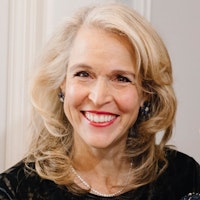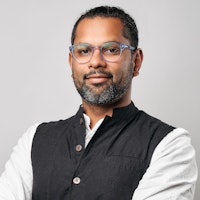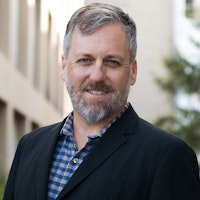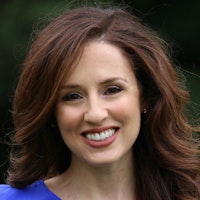
People that deal in mental health don't use the word 'cure.'
Show Notes
Psychedelics are emerging from a period of prohibition and association with counterculture into the rigorous world of medical research and treatment. The potential outcomes for people suffering from difficult-to-treat mental ailments, such as PTSD and depression, are exciting, but the landscape is complex. The line between recreational and therapeutic use is muddy, and professionals trained to guide us through psychedelic experiences and legislative debates on legalization are few and far between. Professor Rachel Yehuda has contributed groundbreaking research to the field of PTSD and intergenerational trauma, and began incorporating psychedelic therapy into her studies a few years ago. She joined nurse practitioner and professor Andrew Penn, also a researcher and an advocate for the perspective of nurses in psychedelic therapy, and Jeeshan Chowdhury, a biopharmaceutical entrepreneur working on psychedelics and addiction care, for an informative and nuanced conversation about the cutting edge of psychedelic-assisted therapy. Doctor and podcast host Shoshana Ungerleider moderates the discussion.
Explore
Related episodes


Cybersecurity gaps in the technological systems that run our lives are becoming more and more apparent. Hardly a day goes by that we don’t hear about another major institution hit with an attack. Many hospitals and healthcare organizations have suffered interruptions of service because of cyber hacks and ransomware, and the consequences for patients can literally be life o...


The pandemic amplified political polarization. As doctors learned more about COVID-19, protocols changed and people started to question the guidance. Science itself, came under scrutiny. CPR Audio Innovations producer Emily Williams shares a conversation with Dr. Ashish Jha, a White House COVID-19 response coordinator.


Robots as caregivers? Meet “Pepper,” a robot that can tell a joke, recognize emotions and help people remember special times in their lives. Professor Arshia Khan of the University of Minnesota Duluth spoke at Aspen Ideas: Health.

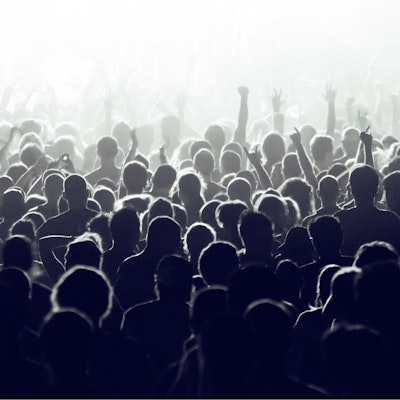
Though it can sometimes feel like conflict and discord is human nature, our brains are actually predisposed to forming groups and working together. In our individualistic society, we may think our minds stop at our skulls, but when people come together and connect effectively, they actually think in different ways, and they all become smarter and healthier together. Scienc...


So much of adult life is about learning the rules and then using those rules to navigate the world. We become certain that we know what we know — that we’re right, and we’re safer and more secure that way. But certainty, argues neuroscientist Beau Lotto, might actually be one of society’s biggest sources of emotional and physical unwellness. Certainty causes us to have les...






